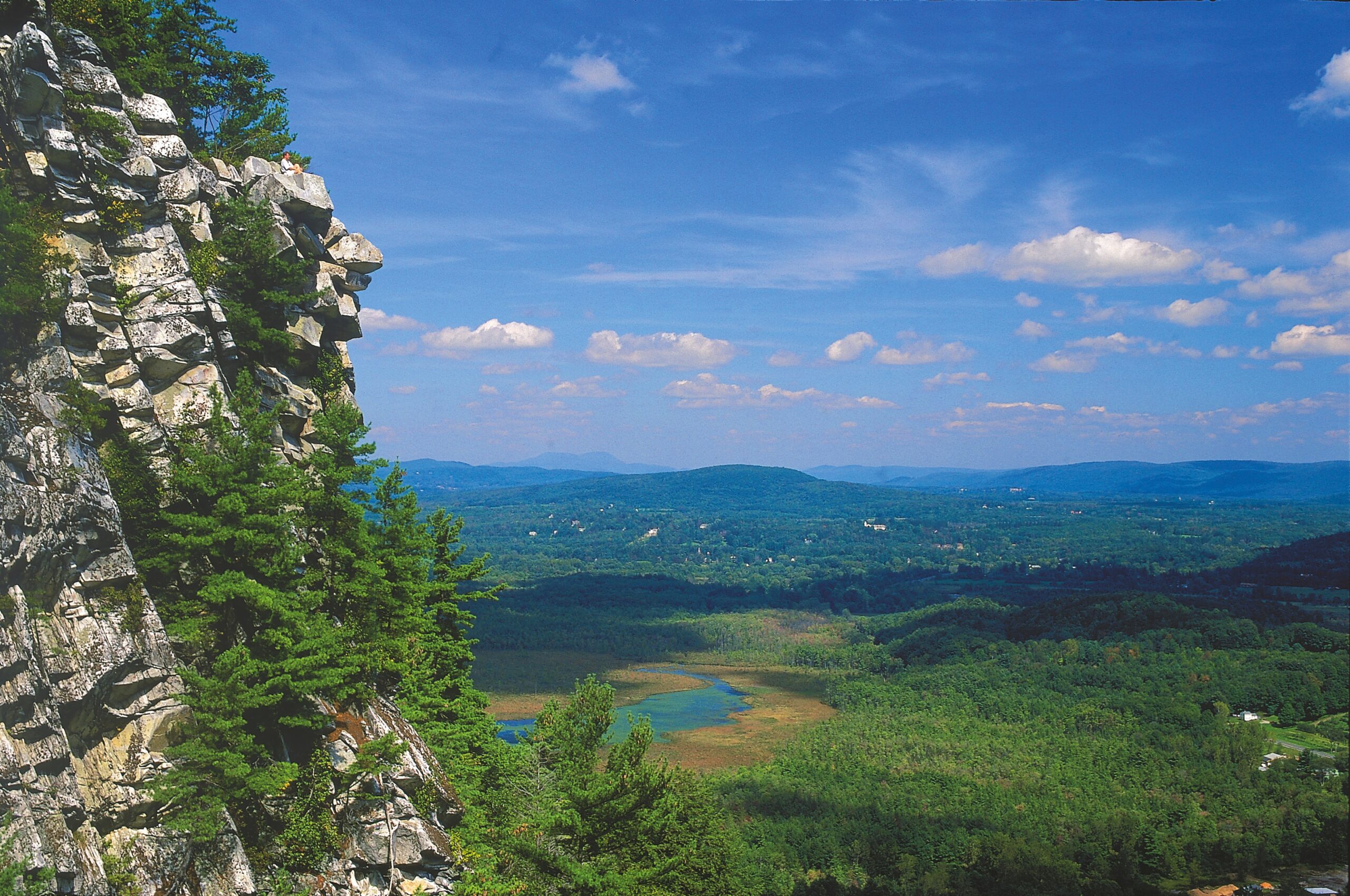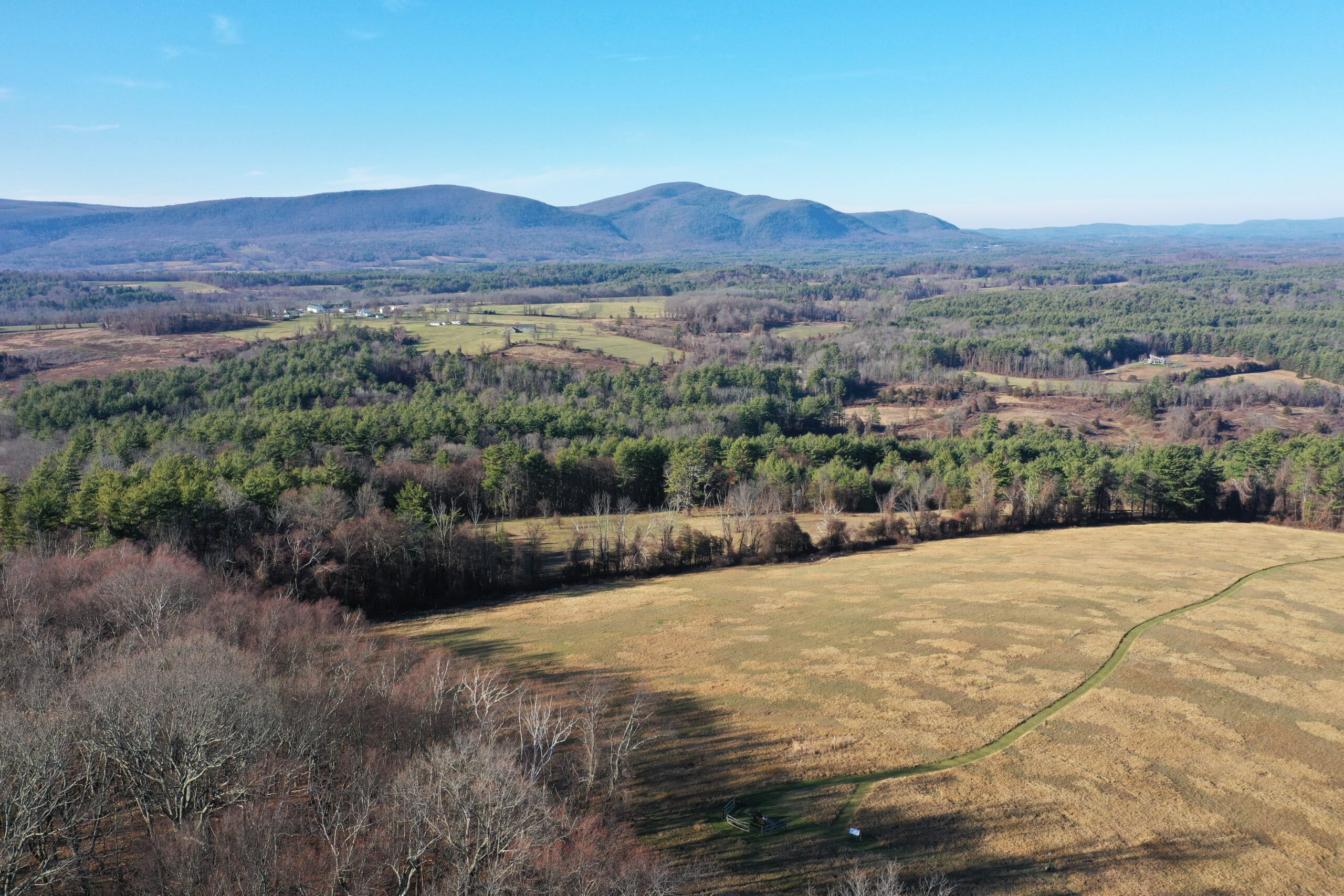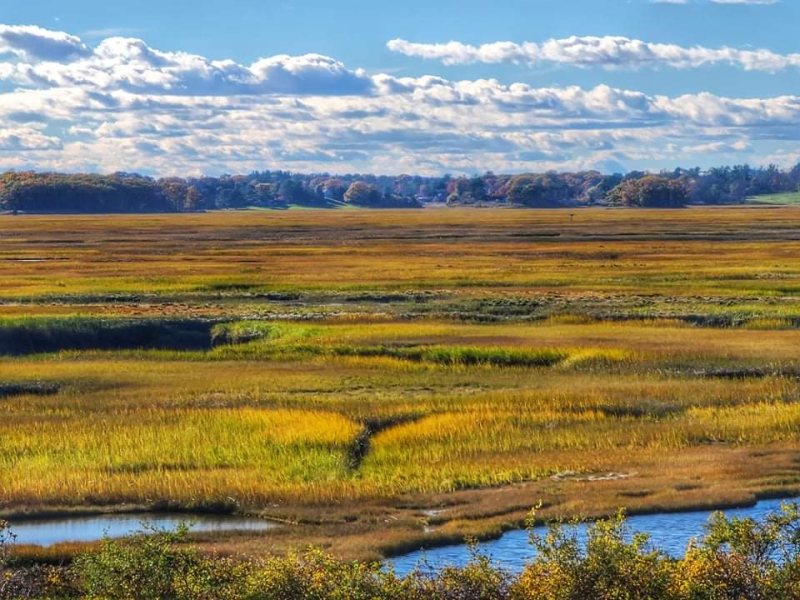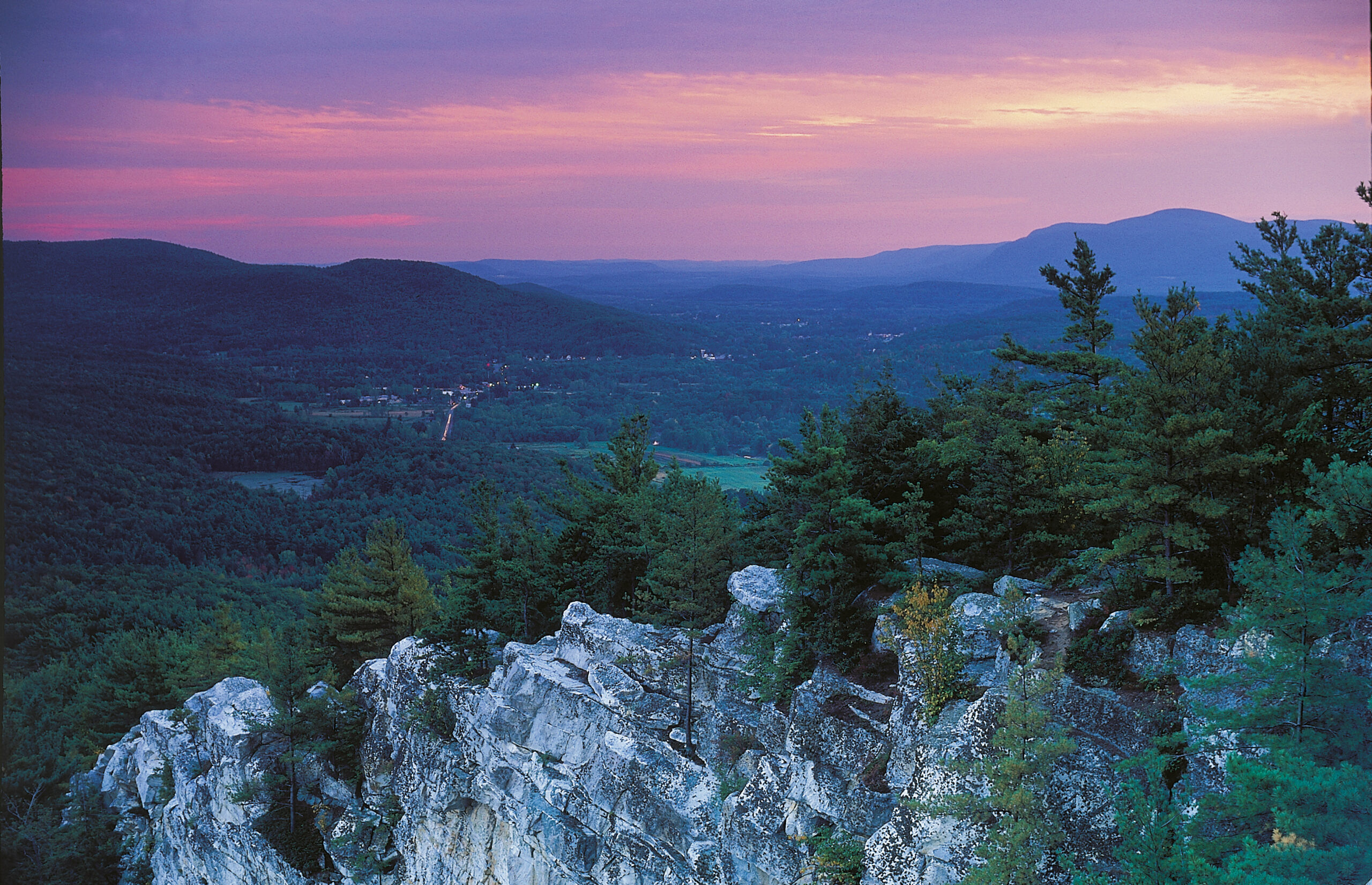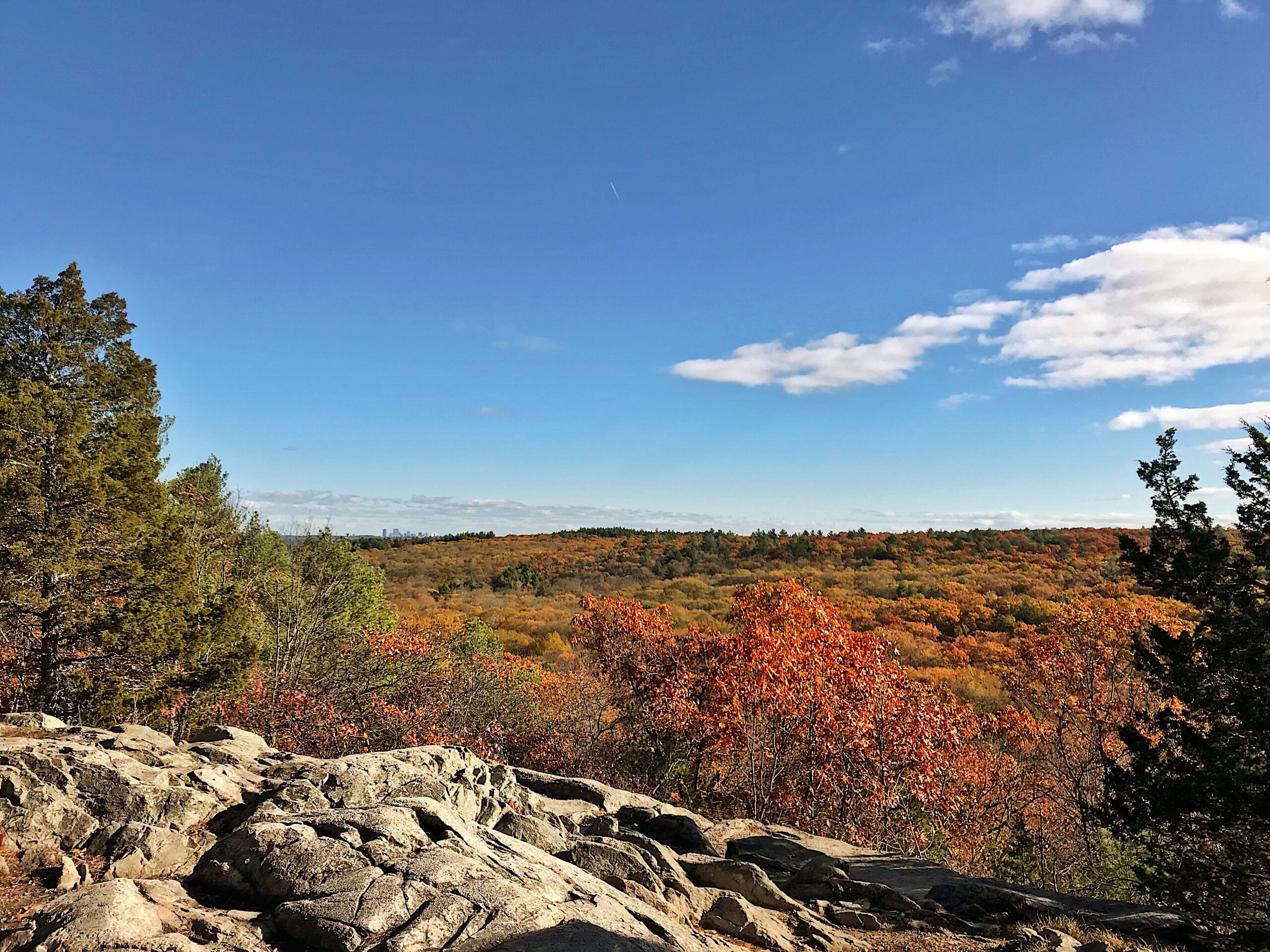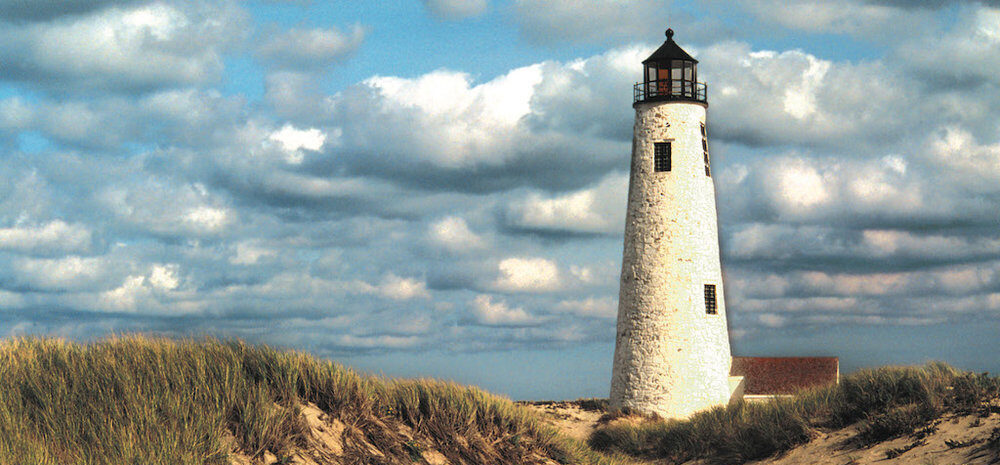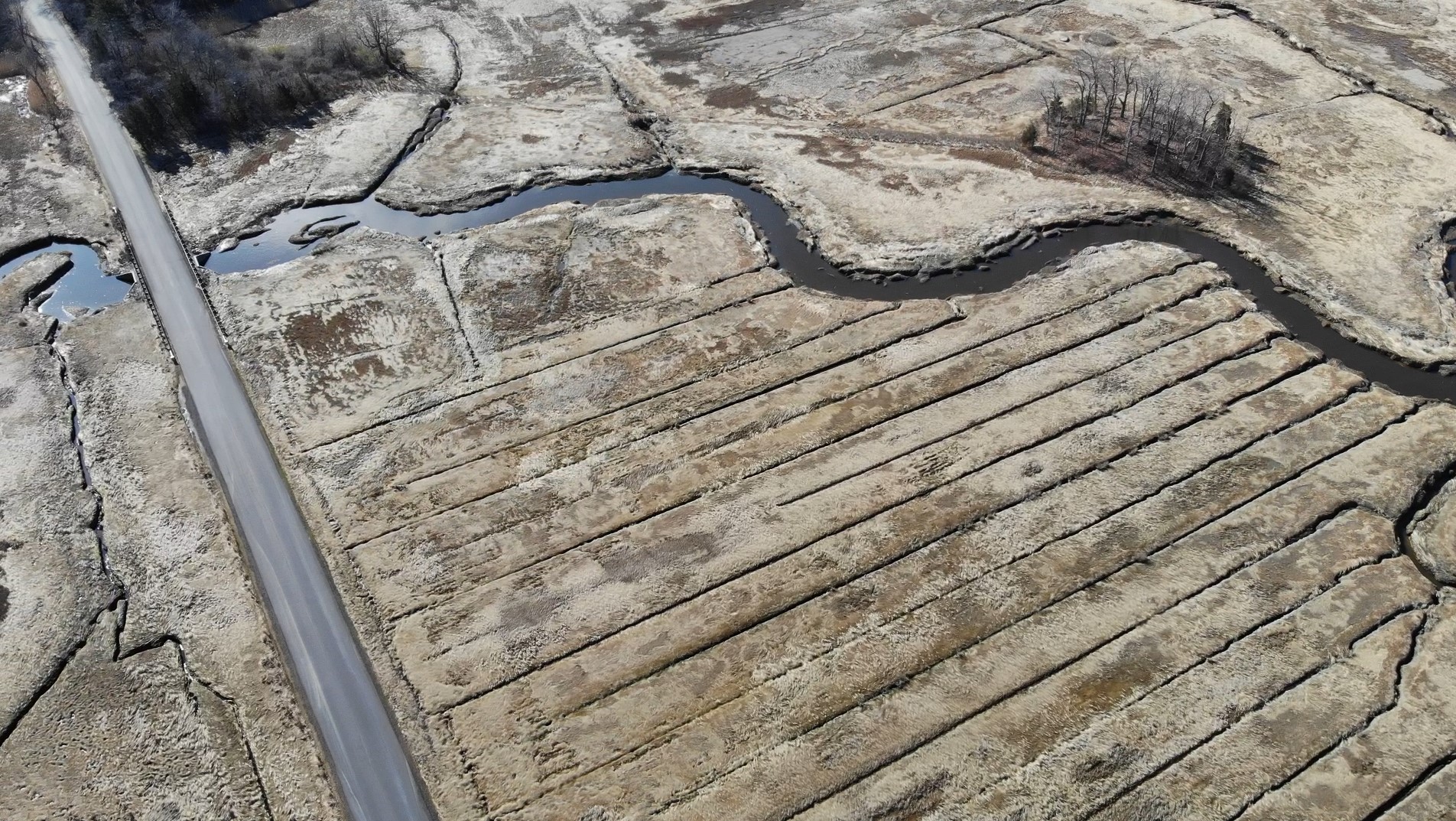
Courtesy Yellow Productions
Nantucket Documentary Wins Regional Emmy Award
In June, Coskata-Coatue: A Refuge on the Edge, the short documentary produced last year by The Trustees, Nantucket Conservation Foundation, and local Nantucket production company Yellow Productions, was awarded the Boston/New England Regional Emmy® in the category of Environment/Science. The film premiered at the Nantucket Film Festival in summer 2023, a fitting debut for a film focused on the Coskata-Coatue Wildlife Refuge on Nantucket. The documentary competed in its Boston/New England Regional Emmy® category against production and TV companies including CBS Boston, Connecticut Public Television, MIT Mechanical Engineering, and Telemundo New England. It was also recognized at the Telly Awards, receiving a Communicator Award and Silver recognition.
Coskata-Coatue: A Refuge on the Edge highlights key challenges that the beloved Nantucket wildlife refuge faces as a result of extreme climate change. It ties into important work the Trustees and partners are pursuing to increase resilience on the refuge, funded in part by funding through a National Fish and Wildlife Foundation grant. Work with contractors assisting in scoping potential solutions to challenges faced on the refuge is expected to begin in late summer.
Monument Mountain Celebrates 125 Years Under Protection
Monument Mountain, in Great Barrington, was one of the first properties protected by the nascent Trustees of Public Reservations (as the organization was then called). The story of its protection began late in the 19th century but has continued throughout the decades, even to the current day. In 1899, Miss Helen C. Butler gave The Trustees approximately 260 acres of land on Monument Mountain “in fulfillment of a wish of the late Rosalie Butler [her sister], that it might be preserved forever for the enjoyment of the public.” While the gift included the summit and the mountain’s steep eastern face, it did not include the western slope. Those acres remained in private hands, undisturbed, until 1984, when a developer submitted a proposal to build a cluster of 210 residences on 164 acres overlooking the Housatonic River and the town of Great Barrington.
Townspeople, upset at the prospect of losing the wild and scenic hillside to development, rallied to raise funds for The Trustees to purchase the land. Key to the success of this effort was local farmer Stephen Root, whose land would have been needed by the developers to access the mountainside acreage, and who decided to place a conservation restriction on his land for a fraction of the money he would have received from the developers. Said Root, “I like living here, but I didn’t want to live here if that [development] was there.” Mr. Root passed away just a few years ago and his orchards have now been transformed into a new western access point for the public to enjoy this fabled mountain and its spectacular 360° views of the Berkshires and New York’s Catskills.
In recent years, The Trustees have worked with the Stockbridge-Munsee Community Band of Mohicans to center their narrative in this sacred place. The Mohican people thrived there for thousands of years before they were dispossessed of their ancestral homelands by English colonists and forced to move west in the late 1700s. According to historical accounts, Monument Mountain was likely named for the immense sacred stone “monument” created by the Mohican people who lived and passed by the mountain.
Trustees Awarded Landscapes Partnerships Program Grant
The Trustees and its partners Sheffield Land Trust and MA Department of Agricultural Resources (MDAR) have received a $1.25 million grant from the Healey-Driscoll Administrations / Executive Office of Energy and Environmental Affairs, for the partnership’s Cooper Hill Project, which protects 538 acres in the southwest corner of the state. This acreage is part of a broader, regional effort to conserve 1,130 acres of critical ecological habitat, forestland, and active agricultural landscapes in Sheffield, MA and Salisbury, CT. As part of the Project, MDAR will purchase an Agricultural Preservation Restriction (APR) from Pine Island Farm, one of the largest dairy farms in Massachusetts, ensuring the farm remains in agricultural use in perpetuity.
The project will also expand The Trustees’ existing reservation, Bartholomew’s Cobble, a National Natural Landmark, by protecting 85 acres and connecting existing protected satellite lots of the Cobble to the larger reservation. Bartholomew’s Cobble will increase in land area by 40% with the addition of these recent open space acquisitions. This acquisition also includes 40 acres of Natural Heritage & Endangered Species Program (Mass Wildlife)-designated Priority Habitat for Rare Species and will expand public enjoyment of Bartholomew’s Cobble—through additional trails to be opened in 2025— which is managed for passive recreation and habitat values by The Trustees.
Great Marsh Restoration Project Honored with Environmental Business Council Award
The Trustees of Reservations and partner U.S. Fish and Wildlife Service (USFWS) were the 2024 recipients of the Environmental Business Council of New England (EBC)’s Merit Award for Leadership by a Non-Profit Organization. This award recognizes work to restore the Great Marsh in Newbury, Essex, and Ipswich. .
At 16,000 acres, the Great Marsh is New England’s largest salt marsh, providing critical habitat, storing carbon, hosting world-class birding, and protecting communities from storms and flooding. The Trustees and USFWS’s Great Marsh Restoration Project is leading the way through collaboration with marsh owners and permitting agencies to restore this nationally significant natural resource using innovative, nature-based techniques.
“This is a great honor for The Trustees to be recognized for our work on the Great Marsh,” said Cynthia Dittbrenner, The Trustees Interim Vice President of Conservation and Resilience. “All of the partners involved do this work because we are truly invested in the future health of our marsh. It’s been nice to celebrate what we have accomplished together and be equally inspired by other award-winning work recognized by the EBC.”

